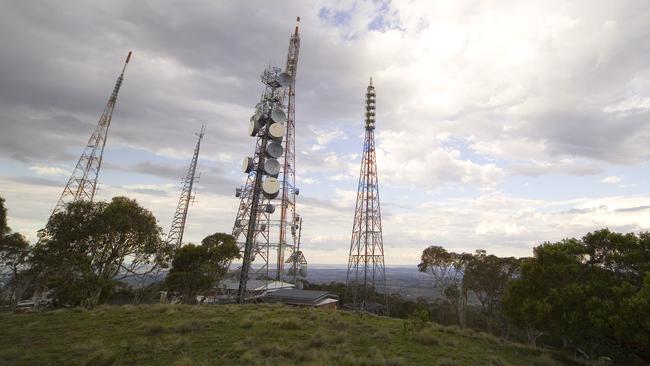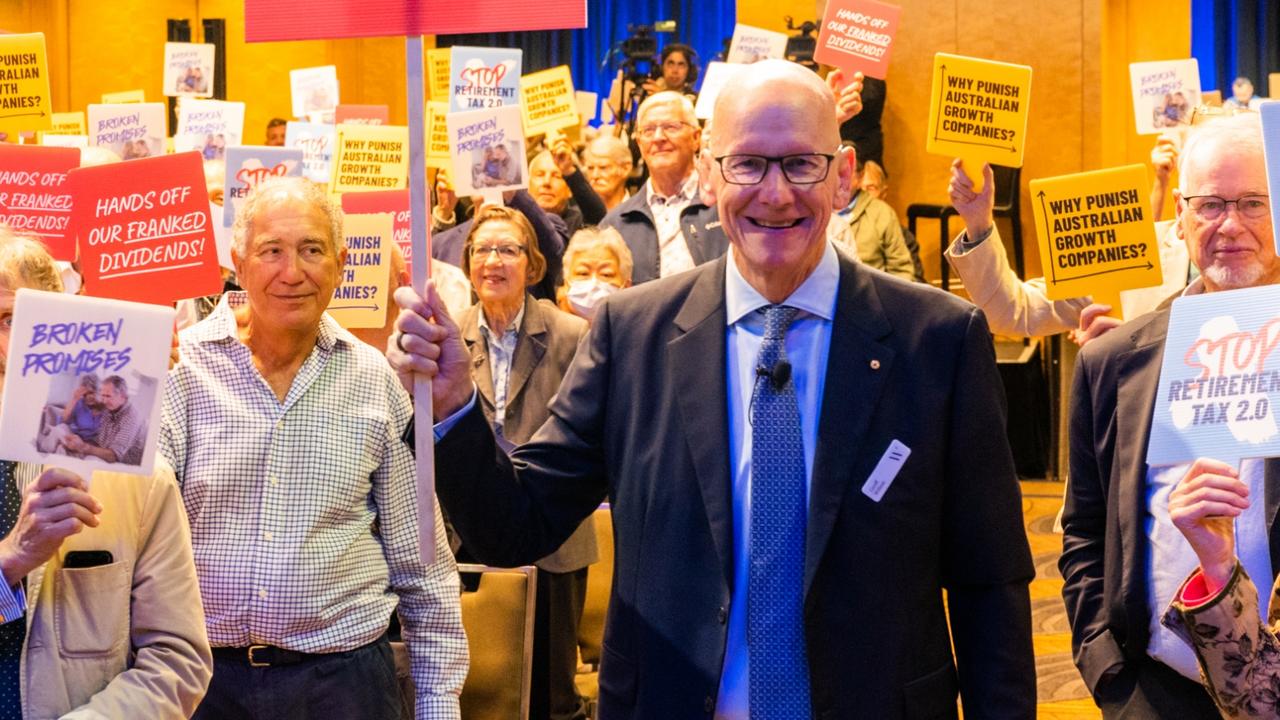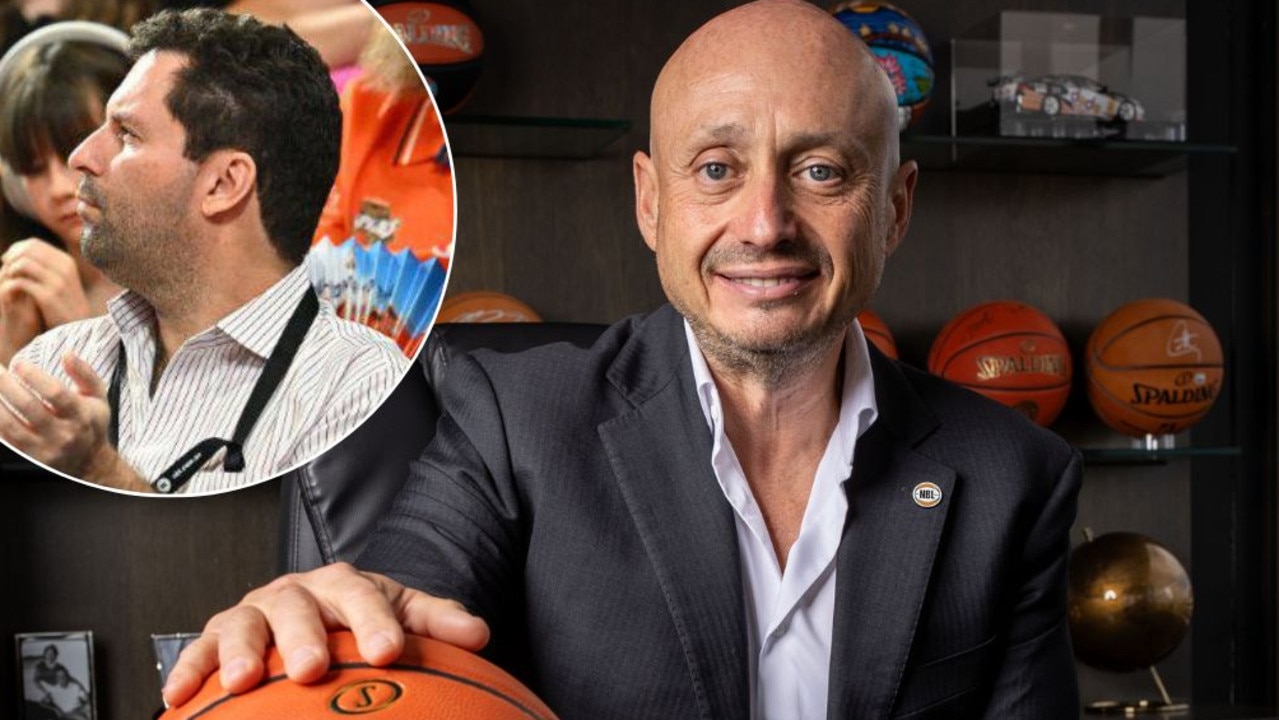Australia should follow Europe, UK and postpone 3G shutdowns, inquiry told
Australia should postpone the shutdown of its 3G networks or risk cutting off hundreds of thousands of people from emergency services, Brisbane IT expert James Parker says.

Thousands of people are at risk of losing the ability to call emergency services as the nation’s major telcos prepare to shut down 3G networks, a Senate inquiry has been told.
One telecommunications and IT expert has called for Australia to follow the likes of European nations and the UK, keeping the 3G network running until the end of the decade.
Australia’s largest telcos are gearing up to switch off the 3G network as early as next month, a move that will have far-reaching consequences for as many as 400,000 people.
James Parker told the Senate inquiry into the shutdowns on Tuesday that Australia shouldn’t jump the gun on an issue that he believed had been overlooked by the government. “It is clear that the government has not been paying attention to this issue. There continues to be up to this point now a lack of oversight from the department in government,” he said.
Issues arising surrounding the shutdown of 3G should not have come as a surprise to anyone, with the issues “obvious since the first 4G devices ever hit the market”, he said.
Mr Parker said many 4G devices did not have the same “native calling functionality” as 3G and 2G devices, which would limit the ability for some people to reach emergency services. “Consistently over the years, the industry has failed to actually implement things properly,” he said. Pointing to France and the UK, Mr Parker said their decision to maintain their networks was a good case study, and that he believed Australia should wait for a global telecommunication standard to emerge before shutting off local 3G networks.
“We really need to wait until much larger markets within Europe fix the compatibility and standardisation issues and get handset manufacturers and network operators to implement one single globally recognised standard that enables seamless connectivity,” he said.
Australia’s major telcos were accused of not wanting to maintain a network, as the shutdown of 3G would result in thousands of customers needing to buy new phones.
Mr Parker said that while he was advocating for the 3G network to stay for some time, there would come a point where it was “impractical” to run.
This is not the first time the fear over a lack of connection to emergency services has been raised. In May, Telstra postponed the shutdown of its 3G networks, warning that hundreds of thousands of people might not be able to call triple-0 on their older handsets.
The telco has extended the shutdown from June 30 to August 31. Chief executive Vicki Brady said this would give “people more time to upgrade their devices” and to ensure customers – mainly in rural and regional areas – could continue to contact triple-0 and conduct business as usual. “But we have to make sure everyone is ready to make this transition together,” she said.
More than 400,000 handsets are expected to be affected, including some older 4G phones and grey market imports – which aren’t approved by the telcos. TPG began switching its 3G network off in December. Optus is expected to shut down its network in September.
Originally published as Australia should follow Europe, UK and postpone 3G shutdowns, inquiry told





